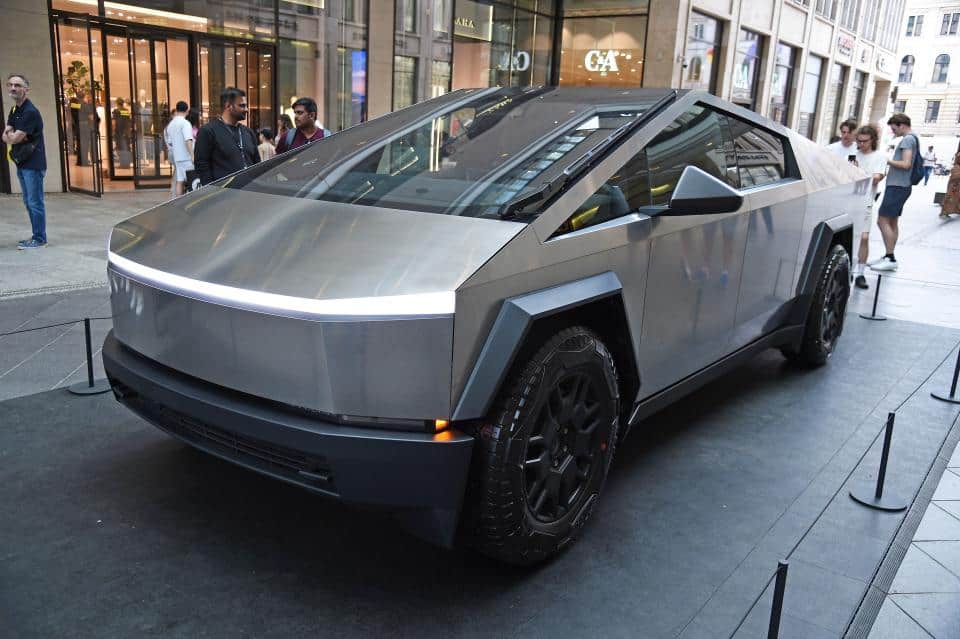
The potential high cost of EV battery replacements is a major worry for new-car shoppers, but that likely won’t be the case for long, according to battery-analysis firm Recurrent.
Recurrent, which produces battery health reports for used EVs, predicts that plummeting new-battery prices will make replacing a battery pack cheaper than repairing a gasoline engine by the end of the decade.
Whether it’s a gasoline engine, a battery pack, or any other component, repairs don’t make financial sense if they exceed the value of a car. Battery replacement costs are already trending away from that, according to Recurrent. They now represent 75% of the value of a $15,000 used car, down from 100% in 2020, the company estimates, adding that by 2030 battery replacements will be equivalent to 30% of the value of a $15,000 used vehicle.
This is being made possible by declining costs for new EV batteries. As Recurrent notes, Goldman Sachs predicted earlier this year that average battery prices would reach $80 per kwh in 2026—almost 50% lower than 2023. With the exception of a bump in 2022 due to high raw material prices, that’s generally been the trend since the start of the modern EV era. The U.S. Department of Energy has estimated that EV battery costs have dropped 90% since 2008.
Recurrent assumes that these trends will continue, and that by 2030 there will be a robust market for used EV batteries that could allow owners to offset some of the cost of replacement. Growth of so-called second-life applications such as stationary energy storage could allow EV owners to negotiate the sale of their vehicles’ used packs, potentially lowering the effective price of new packs by $10-$20 per kwh, Recurrent predicts.
Lower costs could not only help make used EVs more affordable, but might keep more of them in circulation. A 2023 report found that it’s more common to replace battery packs than repair them, which, at current battery prices, could lead to relatively new vehicles being “totaled” by insurance companies over minor damage and higher insurance premiums for those that remain.